IBM to release tailor-made Watson AI packages for business
Nine sectors, from farming to HR, will benefit from IBM's largest ever analytics and predictive AI toolset
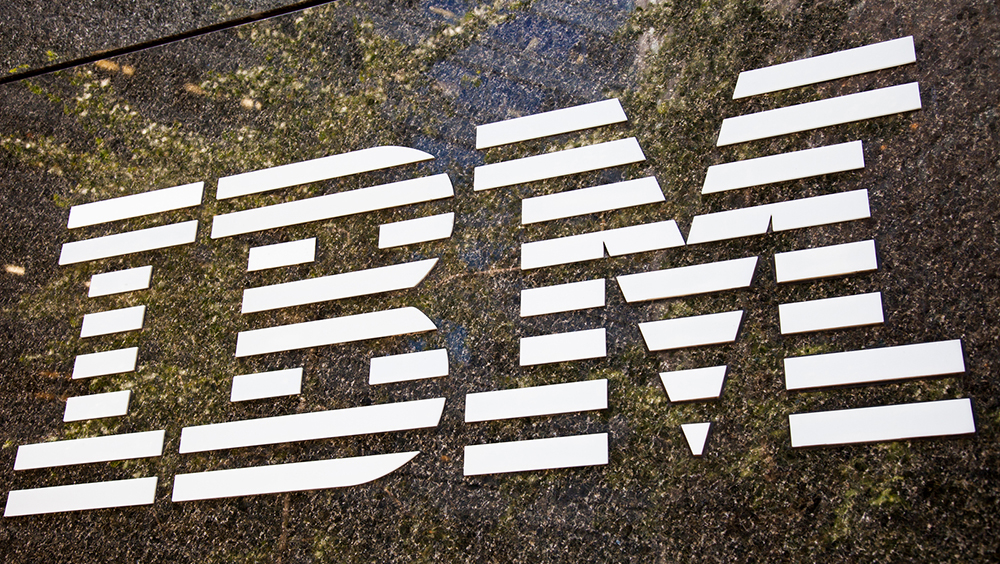

IBM has launched a set of pre-trained AI-powered Watson services for industries ranging from the supply chain to customer experience.
Agricultural firms will benefit from a unified and predictive view on the masses of data available from satellite imagery to IoT-ready tractors in a single app, while advertisers can use Watson to design campaigns based on shifting weather patterns.
"As data flows continue to increase, people are overwhelmed by the amount of information we have to act on every day," said IBM's senior vice president for cognitive solutions, David Kenny. "But luckily the information explosion coincides with another key technological advance: artificial intelligence.
"AI is the tool professionals need to take advantage of the data that's now at our fingertips and tailoring general AI for specific industries and professions is a critical way to enable everyone to reach new potential in their daily jobs."
Each industry-specific package is in a different stage of development, but each one aims to give professionals added insights by using AI to process and interpret the wealth of data that is already collected.
Watson Supply Chain Insights for instance, which is available now, uses a tailor-made iteration of Watson to keep an eye on five aspects of the supply chain including weather, traffic reports, and regulatory reports to provide a wider view on supply needs.
IBM's HR offering, meanwhile, sifts through a company's employees from a range of backgrounds to identify the best-performing and can flag the most promising applicants in a hiring process. IBM says it has helped companies like BuzzFeed and H&R Block increase efficiency during their hiring processes.
Sign up today and you will receive a free copy of our Future Focus 2025 report - the leading guidance on AI, cybersecurity and other IT challenges as per 700+ senior executives
The full list of industries IBM will target includes agriculture, customer services, human resources, marketing, advertising, manufacturing for industrial equipment, buildings, vehicle development, and the supply chain.
IBM's latest announcement is part of a wider trend of tech giants developing tailor-made AI tools for individual industries and businesses. Watson's nine pre-designed services follow Microsoft's announcement of an AI-ready Cortana Skills for Enterprises package that provides tailored voice services to specific industries.
Concerns, however, remain over whether AI deployed in certain sensitive contexts, such as hiring, will exhibit the same, or even a completely different set of biases that the technology is purported to eliminate.
For example researchers from MIT this month found that AI-powered robots could even develop biases without human input, with prejudices developing and intensifying naturally.
It follows comments by the World Economic Forum's head of AI and machine learning Kay Firth-Butterfield, who argued the dominance of "white men of a certain age" in building the underlying technology was the root cause of creeping bias in AI algorithms.
IBM says its new AI functionality for HR aims to address unconscious human biases, with traditional hiring practices described as limited' without hiring managers able to make the most of analytics and AI's predictive abilities.

Keumars Afifi-Sabet is a writer and editor that specialises in public sector, cyber security, and cloud computing. He first joined ITPro as a staff writer in April 2018 and eventually became its Features Editor. Although a regular contributor to other tech sites in the past, these days you will find Keumars on LiveScience, where he runs its Technology section.
-
 Gender diversity improvements could be the key to tackling the UK's AI skills shortage
Gender diversity improvements could be the key to tackling the UK's AI skills shortageNews Encouraging more women to pursue tech careers could plug huge gaps in the AI workforce
-
 Researchers claim Salt Typhoon masterminds learned their trade at Cisco Network Academy
Researchers claim Salt Typhoon masterminds learned their trade at Cisco Network AcademyNews The Salt Typhoon hacker group has targeted telecoms operators and US National Guard networks in recent years
-
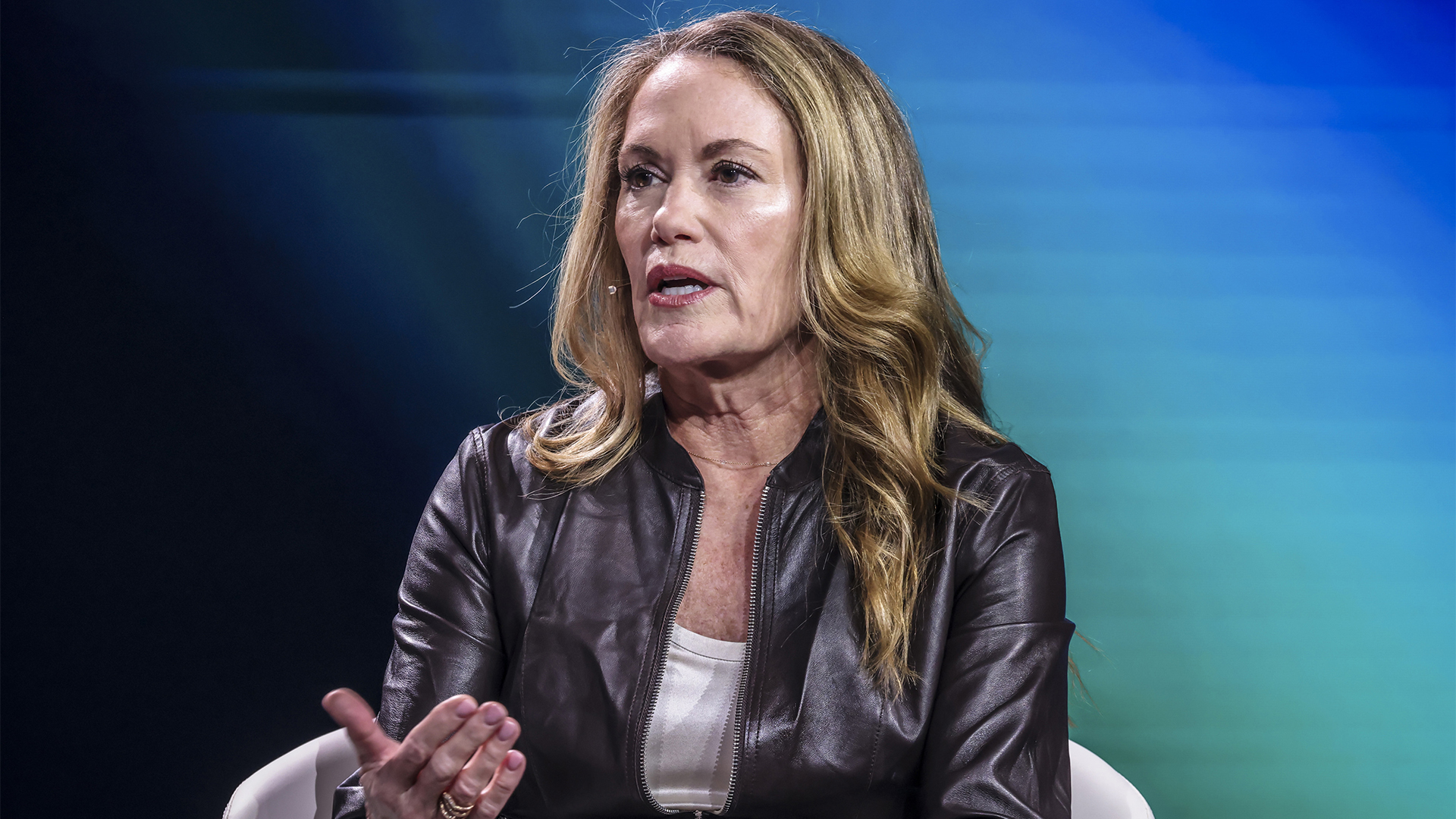 Can robots work safely alongside humans? This one industry leader thinks we're not far away
Can robots work safely alongside humans? This one industry leader thinks we're not far awayNews Humanoid robots and people will be able to work truly side-by-side this year, according to the CEO of one leading robotics company.
-
 The power of AI & automation: Proactive IT
The power of AI & automation: Proactive ITWhitepaper Automation strategies to dynamically and continuously assure cost-effective application performance
-
 Magic Quadrant for enterprise conversational AI platforms
Magic Quadrant for enterprise conversational AI platformsWhitepaper An evaluation of the conversational AI platform (chatbot) market
-
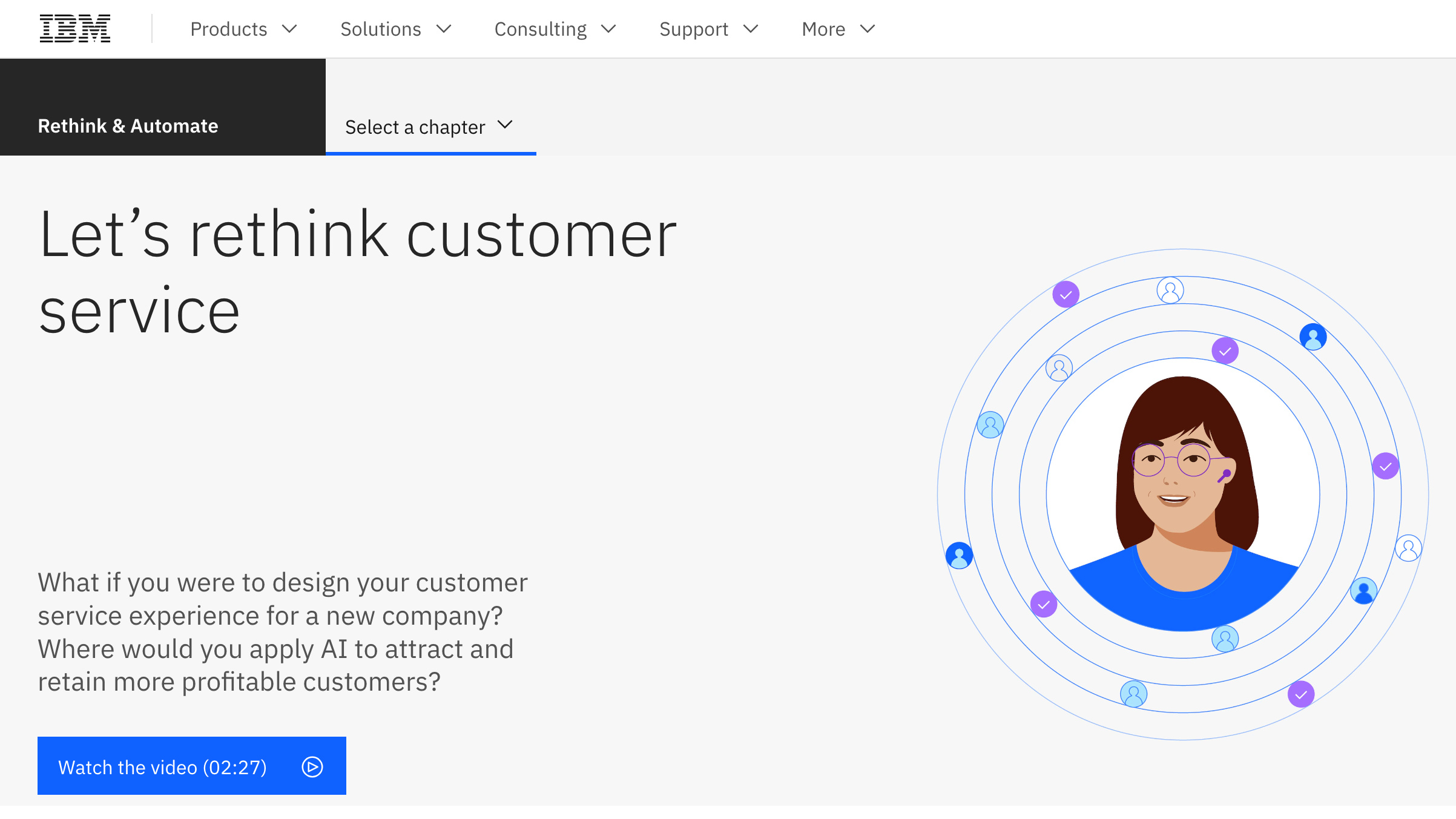 Let's rethink customer service
Let's rethink customer servicewhitepaper Discover new ways to improve your customer service process
-
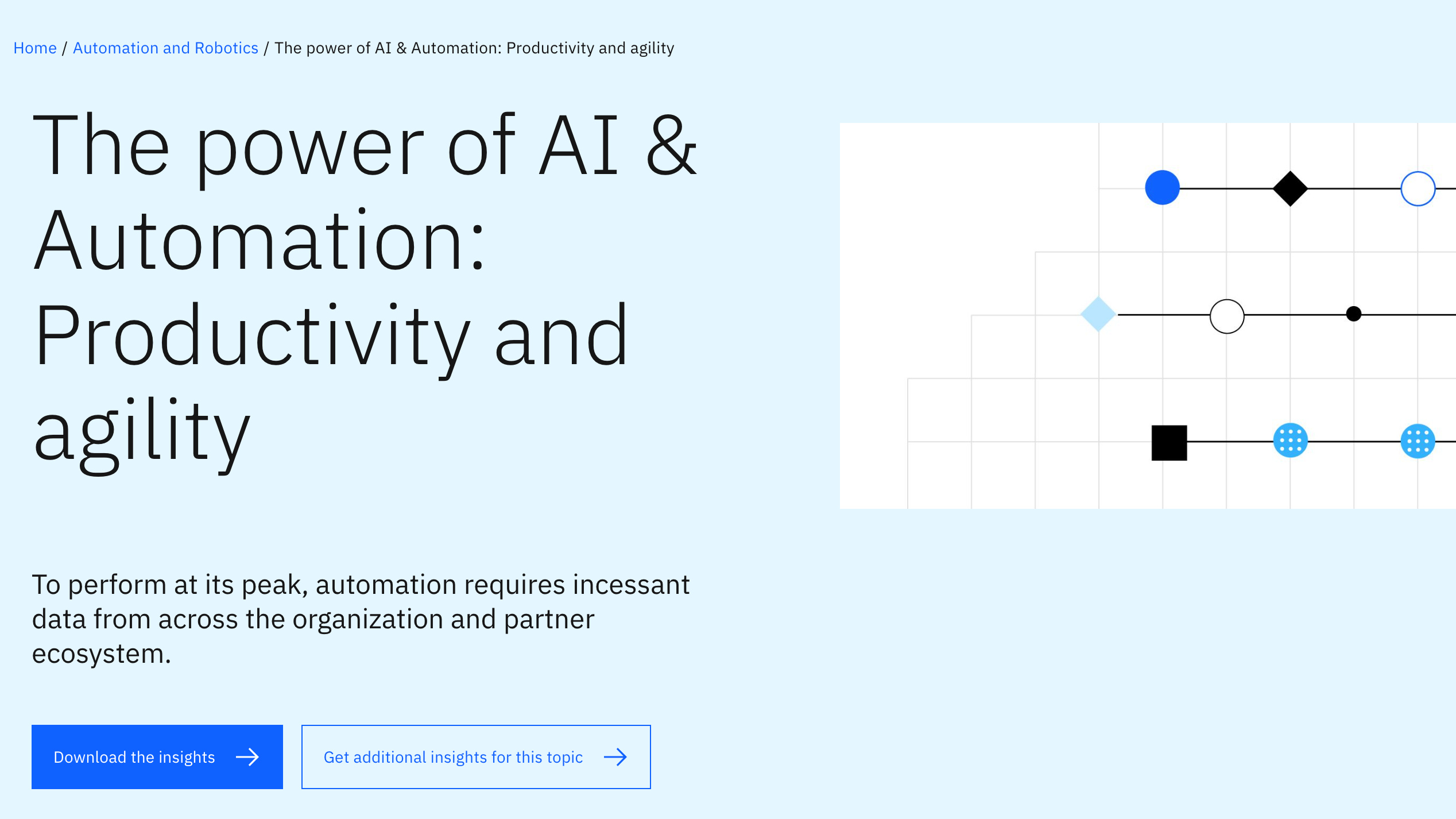 The power of AI & automation: Productivity and agility
The power of AI & automation: Productivity and agilitywhitepaper To perform at its peak, automation requires incessant data from across the organization and partner ecosystem
-
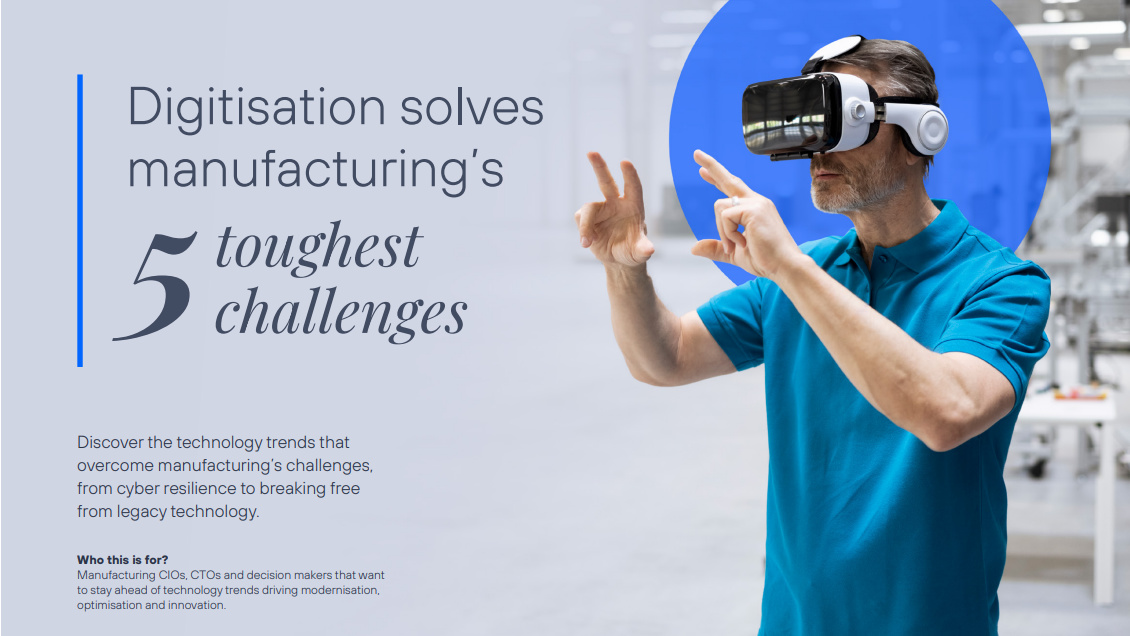 Digitization solves manufacturing’s five toughest challenges
Digitization solves manufacturing’s five toughest challengesWhitepaper Discover the technology trends that overcome manufacturing’s challenges, from cyber resilience to breaking free from legacy technology
-
 The four pillars of excellence for technology leaders
The four pillars of excellence for technology leaderswhitepaper Download this CIOs business case for integration and automation
-
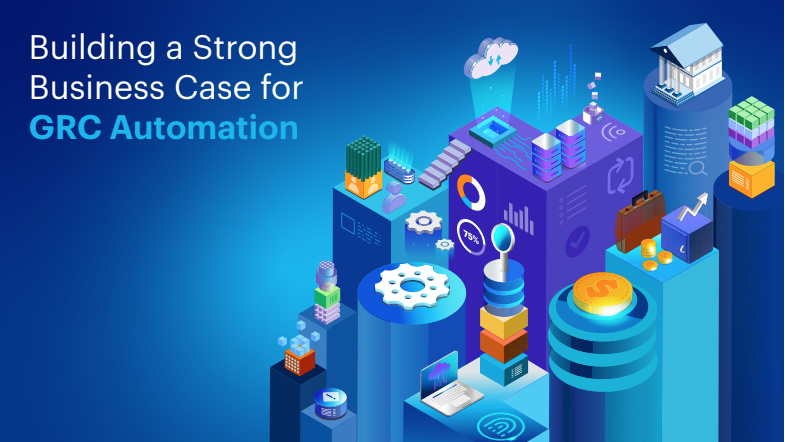 Building a strong business case for GRC automation
Building a strong business case for GRC automationwhitepaper Successfully implement an innovative governance, risk & compliance management platform